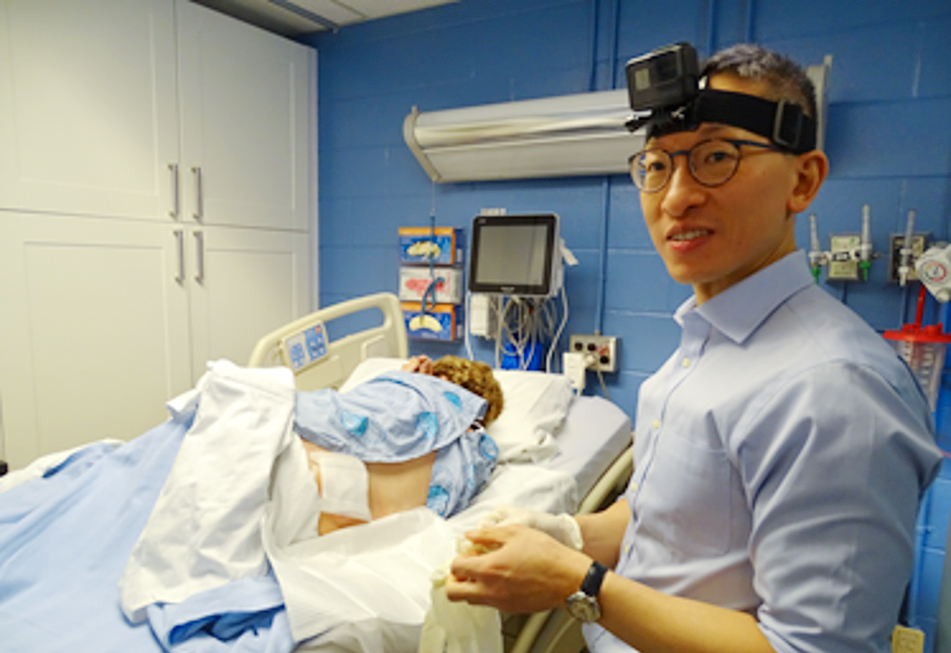Wounds affect all ages of Canadians and cost the Canadian health care system an estimated $3.9 billion annually¹. These wounds profoundly impact psychosocial health and quality of life for our patients. Educating nurses on the prevention, assessment and management of wounds will help reduce the burden on the patients and to the healthcare system.
Why Virtual Simulation?
Virtual simulation is an innovative approach to learning which incorporates various adult learning theories including gamification and immediate feedback. Virtual simulation is a convenient and accessible way to educate nurses.
Utilizing a series of virtual simulation games with both self-assessment and formal assessment tools, students, educators and health professionals can improve wound care knowledge, skill and judgement on the four common wound classifications: (1) Pressure injuries, (2) Venous insufficiency ulcers, (3) Diabetic foot ulcers and (4) surgical wounds.
- Canadian Home Care Association (2016). CHCA on the issues: Wound care. Retrieved from
http://www.cdnhomecare.ca/content.php?doc=263 - Simonetti, V., Comparcini, D., Flacco, M. E., Di Giovanni, P., & Cicolini, G. (2015). Nursing students’ knowledge
and attitude on pressure ulcer prevention evidence-based guidelines: a multicenter cross-sectional study.
Nurse education today, 35(4), 573-579
Wound Care Articles and Research
Patient Resource – Surgical wounds
A resource to educate patients about the management of surgical wounds.
Skin: Anatomy, Physiology and Wound Healing
This paper presents anatomy and physiology of skin and underlying structures and outlines normal phases of wound healing.
Best Practice Recommendation – Prevention and Management of Wounds
A clinician's guide for the prevention and management of wounds.





